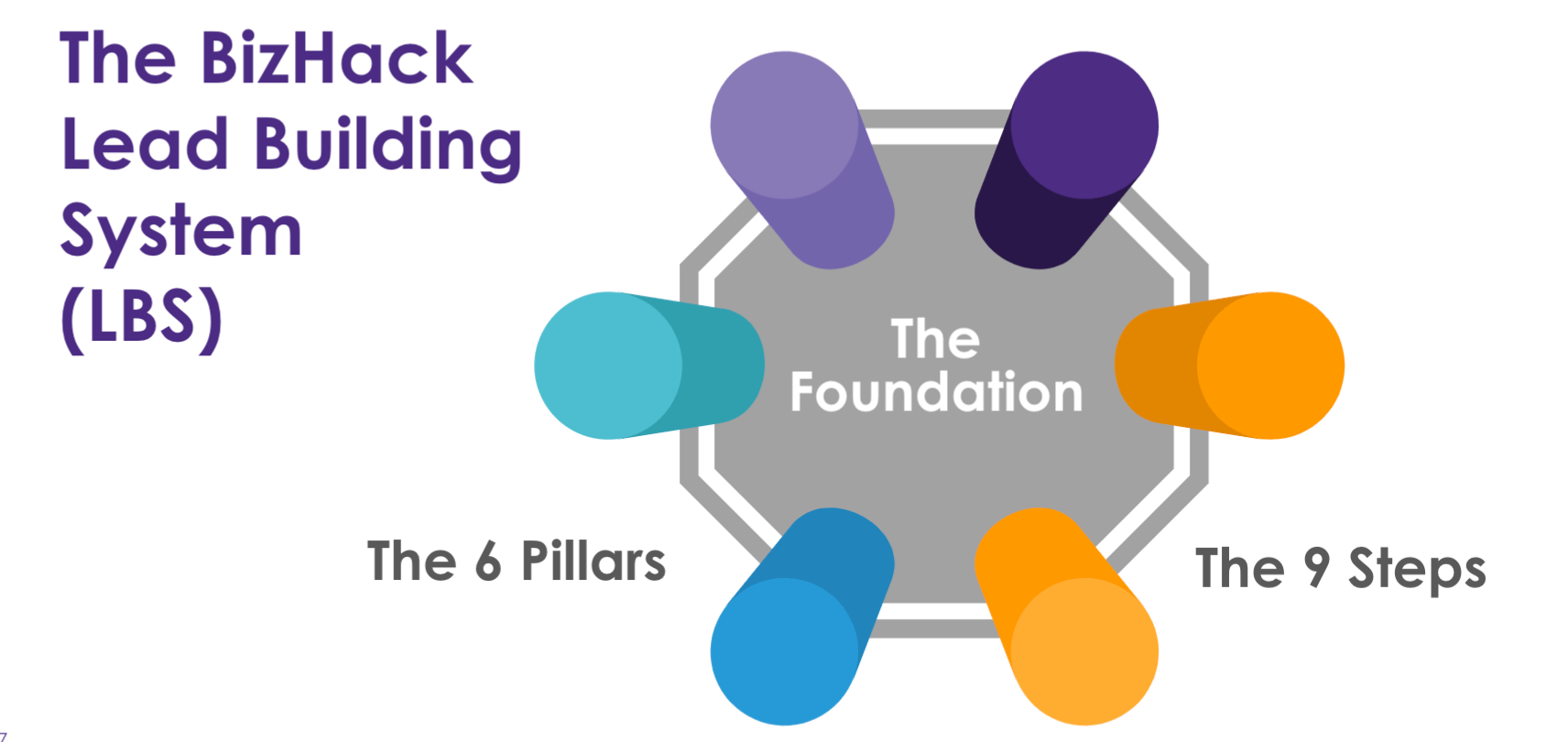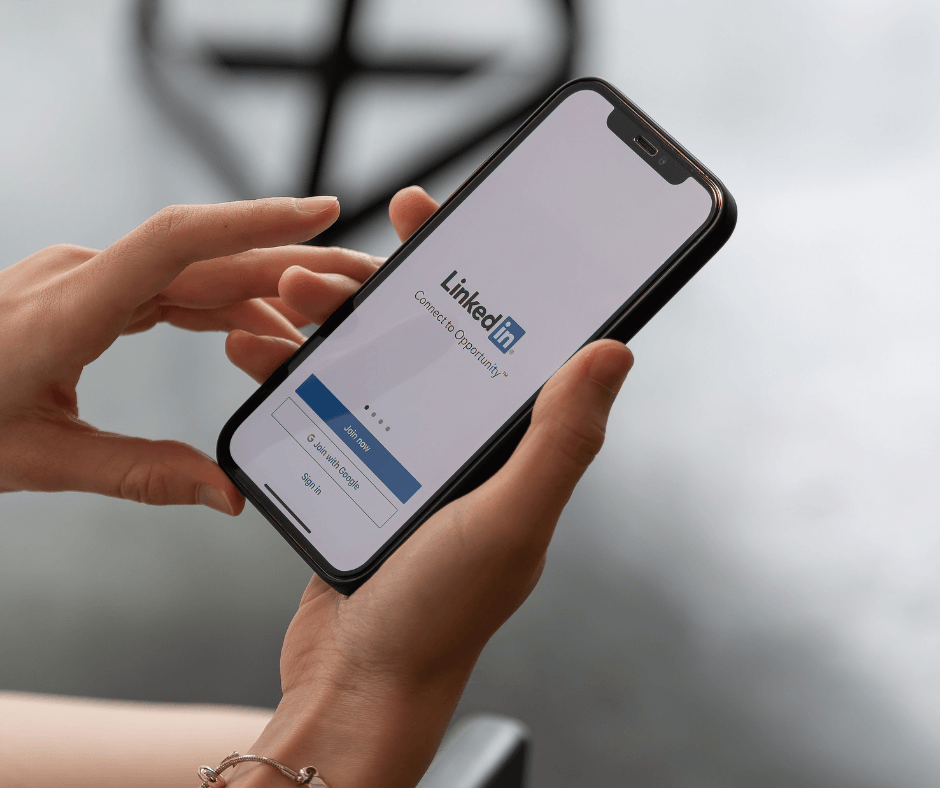Your Business Story: The Foundation of a Successful Digital Marketing Campaign

Learn to Tell Your Business Story and Use it to Connect with Customers
By Dan Grech Founder and CEO, BizHack Academy Byron Kibort runs Runner’s High, a specialty shoe store. He’s a competitive runner, and I assumed that, when I asked why he’s run his business for more than three decades, he would talk about helping elite athletes run faster. That’s not what he told me at all. “We’re a comfort shoe store,” he said. “I love and enjoy helping people with mobility issues who need our expertise.” He explained that he has a large clientele of people who have difficulty walking, and they need a custom-fit shoe that makes it easier for them to be mobile. These aren’t elite runners, these are people who struggle to walk—not the customers you’d expect the owner of a running shoe store to be passionate about. I asked Byron why he wanted to serve people who find walking, let alone running, a challenge. “My mother was a huge inspiration for me,” Byron said. “She worked at Homestead Air Force Base and was a top Avon salesperson in South Florida. She didn’t stop when she was diagnosed with multiple sclerosis. She would put the wheelchair in her car to deliver orders. Now, I run a shoe store to help people with mobility issues. She’s been gone for 27 years, but I know she would be really proud of me.” Telling this personal story lead to a new realization for Byron. He has run his business for more than three decades but didn’t understand his motivation for running it. This is typical of many small business owners, who find themselves drawn to a certain kind of business, but don’t fully understand their deeply personal reason for that attraction. Other business owners are often very in touch with their motivation. Consider Cristobal Giri, who owns a karate dojo, Machida Karate Miami. His father was a successful architect in Chile before he immigrated to the United States and became a businessperson. “He opened a karate studio because as a child, karate helped him focus his energy. The dojo was his pride and joy,” Cristobal told me. “And so, when he was diagnosed with lung cancer, we decided that I would take over the family business.” While Cristobal took up running the family dojo in a time of need, his work as the owner and head instructor of Machida Karate Miami became an important part of his life and preserving his father’s memory. “For 20 years, I have taught children and adults in Pinecrest with the values my father taught me: unbending will and undying commitment to my students,” Cristobal said. While these two entrepreneurs are running two vastly different businesses with two vastly different services and missions, they both have one thing in common: they have a deeply personal business story that drives their work every day. Uncover the deeply personal business story that drives your work. This is the secret to successfully marketing your business. This is a common thread I’ve found with the hundreds of business owners I’ve spoken to. Uncovering your own business story is the secret to successfully marketing your business and differentiating yourself from the competition. Your business story should form the foundation of all marketing you do for your business. It is integral in engaging customers on a day-to-day basis. Whether you are a B2B or B2C business, this is critical: Capture, share and refine your unique business story. you can then leverage conventional marketing tools to tell your story in an unconventional way. I’ll share how to do it.TL;DR: Your business story is the foundation of your marketing.
As the owner or head of marketing for your small business, you are your company’s chief storyteller. This means that you are responsible for sharing your business story with the world. Your business story is the deeply personal motivation behind why you chose to start and run your business. It consists of two distinct parts:- Your Why: Your deeply personal motivation for running your business.
- Your Core Purpose: The change your business aims to make in the world.
Become The Chief Storyteller of Your Business
Nailing down your company’s business story can seem like a daunting task. The thought of sharing these intimate details can be intimidating! But people connect with stories—not with services or products. Customers don’t buy what you do, they buy why you do what you do. This is why it is critical to create your business story and establish a chief storyteller who can sharpen and progress this story. And you need to do this early in your digital marketing campaigns. While the position of chief storyteller may be foreign to you, many Fortune 500 companies have leveraged the skills of a chief storytelling officer in their marketing initiatives for decades. IBM, one of the largest B2B companies in the world, used the position of chief storytelling officer to transition its marketing campaigns from selling products to selling stories, feelings and lifestyles. Its chief storytelling officer, Louis Richardson, was the head of these projects and served as the right-hand-man to IBM’s CEO. His responsibility was to progress IBM’s marketing by connecting with people as more than a company that sells computer parts. Other large companies, like Nike and Microsoft, have also wielded the power of the business story since the 90s. Their chief storytelling officers work to tell the stories of the company and its products in a compelling way that will attract customers. With the help of a chief storyteller, marketing becomes about so much more than just selling a pair of shoes or a laptop. Marketing is instead about making a connection with your customer. As the owner, head marketing executive or other leader in your company, you are the storytelling officer. It is your responsibility to create one succinct narrative from the thoughts, belief systems and motivations that make your company unique. This narrative will make your small business distinctive in a crowded market.Your Business Story: Define Your “Why”
So what is your business story? Your business story is the personalized, unique reason you chose to start and run your business, along with the larger change you wish to effect in the world. Your business story is the personalized, unique reason you chose to start and run your business, along with the larger change you wish to effect in the world. The business story serves as the foundation of BizHack Academy’s Lead Building System; it is the base of all of your digital marketing. Without this foundation, the rest of the structure will crumble. Similarly, without the business story, your six pillars cannot stand. To begin constructing your distinct, personalized business story, take time to pinpoint why you invest blood, sweat and tears in your business. At the end of the day, customers don’t buy what you do, they buy why you do what you do. What is the driving force behind your work? Your “why” is made up of two parts:- Your story of me (personal)
- Your story of us (connects to your audience)
Your Story of Me in your business story
The personal part of your “why,” the “story of me,” serves as an impactful story that works to build trust and a bond with your customers. This story is usually drawn from a personal anecdote, often from your childhood or young adult years. This time of your life often provides some of the most impactful experiences that work to shape your character and worldview. When you share your “story of me,” don’t be afraid to talk about your family, faith or other experiences and beliefs that are deeply personal to you. Sharing these individualized details of your life creates a human-to-human connection built on the basis of emotion and shared experience. People respond to moving stories, and your “story of me” should be a moving story. The more genuine and heartfelt it is, the more effectively this story will attract customers. However, it can’t work alone.Your Story of Us in your business story
The next “why” in your business story is the “story of us”—how your company’s mission connects you to your audience. While the “story of me” will likely never change, your company’s “story of us” will change to match the audience that you are marketing to. At this step in constructing your “why,” you can start to bring in larger themes that will resonate with your target audience. Think about what dissatisfactions and motivations your customer may have, and then draw on these feelings to share how your company can make their life better. When creating your “story of us,” personal experience and feelings become universal. Emphasize what you believe is the commonality that connects your business mission to your prospective customers. Translate the personal side of your “why” to communicate larger themes that may resonate with your audience. At this stage in creating your business story, you begin to progress from simply communicating your individual experience to also including your community.Your Business Story: Define Your Core Purpose
The second major component of your business story is your core purpose: how your business positively contributes to the world around you and enacts sustainable change. To determine your core purpose, you must consider your company’s mission, its vision for the future and its value to your community. What is the larger impact your business has that extends past selling a product or providing a service? As you think about this more widespread, long-term goal for your business, consider the three levels of your core purpose:-
Level 1: Your Personal Reasoning
- Are you an entrepreneur of need? Does your business support your daily expenses?
-
Level 2: Your Family and Team
- Do you run your business to give your family a better life? Does your business support the needs and goals of your employees and colleagues?
-
Level 3: The World
- What positive impact does your business have on the world? How does what you do contribute to more widespread, positive change?
The Communications Diamond: A Framework for Your Business Story
Think about your business story in terms of the Communications Diamond. The Communications Diamond consists of three parts:- Your “why”
- Your story of me
- Your story of us
The Business Story for B2B Businesses
While many professionals in the digital marketing world view B2B and B2C marketing as drastically different, I have found they are not as distinct as you may think. The primary difference to keep in mind when you are marketing your B2B business is that you have a longer sales cycle and a narrower target audience. In short, you may have to make minor changes to your approach to digital marketing, but you are still applying the same fundamental principles and techniques. Even as a B2B business, you are marketing human-to-human. Similarly to a consultant or coach, a B2B company can sell itself as a source of knowledge and expertise in its field. This strategy works as a way of building trusting relationships with the companies you want to work with. As a B2B company, you still need to focus on selling you and your business. If you are the owner or marketer of a B2B business, keep this information in mind when creating your business story. Focus on the information you have to offer your industry as an expert and a trusted resource. Even as a B2B company, you still need to focus on selling you and your business before you can focus on selling your product.What’s Next As You Craft Your Business Story?
Your business story is a complex, multifaceted driving force behind your company, your personal work and the work of your team.When you are crafting your business story, keep these four central questions in mind:
- Why do you do what you do?
- What change is your company trying to effect in the world?
- Why should people believe you are the best person to do that?
- How would the world be worse if your business were to disappear?






